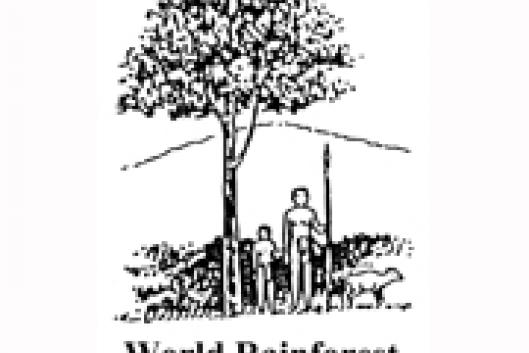New York, February 20th, 1997
The forest crisis: clear commitments and accountability
Deforestation and forest degradation -including conversion to industrial monoculture tree plantations- need to be addressed by all governments, since practically all governments hold some direct or indirect responsibility over the forest crisis. Although the issue has a global scope -both in causes and consequences- it needs to be addressed at a national level. Underlying and direct causes of deforestation and forest degradation vary from country to country as well as within countries and therefore efforts to stem these processes should be tailored to specific situations. In those cases in which some of the causes of deforestation and forest degradation lie outside the national boundaries, such situation should be made clear and the international community should assist in the removal of those causes.
As deforestation and forest degradation have global consequences, such as climate change and biodiversity loss, the international community -including governments, intergovernmental agencies and civil society organizations- must play a role to generate the necessary conditions to halt and revert such processes.
Northern governments have a role to play, both nationally and internationally. At the national level, some of them must commit themselves to halt current unsustainable logging practices in their own countries and -where relevant- to respect indigenous peoplés rights; others must focus on the protection of remaining old-growth forests while others must change from industrial plantation-style management to ecoforestry practices.
At the international level, northern governments must commit themselves to the removal of a number of underlying causes of deforestation -particularly in the South- such as overconsumption of forest products and products produced in forest areas, unfair terms of trade, external debt issues, structural adjustment programs, etc. They must also avoid exporting their forestry practices to totally different southern environments and evaluate if their development aid in the forest and agricultural sectors favour the conservation of forests or if it contributes to further deforestation in the South.
Southern governments also have a major role to play and must commit themselves to the removal of national causes of deforestation and forest degradation. In some cases, they must ensure land security to peasants and indigenous people; in other cases they should make other energy sources available to local people depending exclusively on biomass fuel, in others they should not embark on development schemes which result in large-scale deforestation and forest degradation.
Both in North and South, civil society in general and forest people and forest-dependent people in particular, must play a major role in the elaboration of national, regional and local forest conservation and use plans, as well as in their implementation, monitoring and evaluation.
We urge the CSD to request all governments -from North and South- to make public commitments on the concrete steps they will take to halt deforestation and forest degradation at home and -where relevant- abroad. By this means, governments will become accountable to their own people and to the international community as a whole. All governments should also commit themselves to produce an annual report on the implementation of those commitments and to the national dissemination of such report, requesting comments from all interested parties, both on the commitments themselves and on their implementation. The CSD or another UN agency selected by the CSD -e.g. UNEP- would then produce a report collating the information received from governments and the information produced by non-governmental entities. In cases where the official and unofficial reports differ widely, the CSD -or the selected agency- would send a team of researchers to produce its own report, which would also be made publicly available.
Many of the world's forests have dissapeared and many others are threatened, both in the North and in the South. There are no doubts about it. But until now, governments have been either unable or unwilling to find solutions, while local people -particularly indigenous people- are struggling to defend their forests and the NGO community has a long history in the same direction. As a concrete step to show a change of course, we request all governments to sign on ILO Convention 169 and the UN Draft Declaration of the Rights of Indigenous Peoples. If governments are really willing to defend the forests, then they should make clear commitments, empower local people, recognise indigenous peoples' rights to their forests and open up participation to all parties truly interested in the conservation of forests, particularly indigenous and forest-dependent people and the NGO community.
